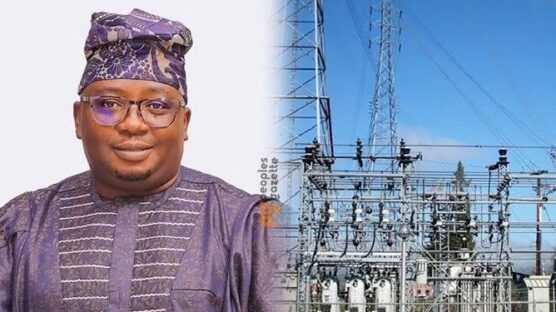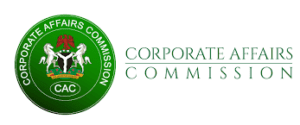


Renewable energy: A crucial turning point for power sector
The recent announcement by the Minister of Power, Oloye Adebayo Adelabu, regarding Nigeria’s renewable energy investments provides a glimmer of hope for millions of citizens struggling with the country’s long-standing power supply challenges. Speaking at a workshop hosted by the Rural Electrification Agency (REA), Adelabu stated that renewable energy projects would positively impact at least 13 million Nigerians. This statement highlights the government’s ongoing efforts to address the energy crisis, but also underscores the magnitude of the task at hand, considering Nigeria’s history of energy shortages despite numerous plans and investments.
For years, the country has faced difficulties in meeting its energy demands, with millions of Nigerians still lacking reliable access to electricity. The national grid has long been unable to provide consistent service, leading to frequent power outages. As a response, the government is increasingly focusing on off-grid solutions to fill the gap left by the grid’s shortcomings. The launch of the Distributed Access through Renewable Energy Scale-up (DARES) programme, backed by $750 million in funding from the World Bank, is one such initiative. This programme aims to improve energy access, particularly in rural and underserved areas, but its true impact will only become clear once it is fully implemented.
In addition to renewable energy initiatives, Adelabu also pointed to efforts to upgrade the existing power infrastructure. At a recent Federal Executive Council meeting, contracts worth €161 million were approved for the upgrade of power substations under the Presidential Power Initiative (PPI). This project is intended to add 150MW to the national grid and improve the stability of power supply across the country. However, questions remain about whether such infrastructure improvements will be sufficient to address Nigeria’s chronic power supply issues, or whether they will be hindered by the same challenges that have plagued past projects.
The success of Nigeria’s renewable energy sector thus far can also be attributed to the efforts of the REA, led by Engr. Abba Aliyu. The agency has made progress by deploying 124 mini-grids and 25,580 solar home systems, with a combined capacity of 16.6MW. These projects have connected over 195,000 households and provided power to various communities and markets. Further plans are in place to expand access to energy in more remote areas, including solar-powered electricity for healthcare centres and schools. While these developments are a step forward, there are ongoing concerns about whether the government can maintain the momentum and ensure that these projects are effectively managed and widely distributed.
The government’s increased focus on renewable energy is a notable departure from previous administrations, which struggled to deliver meaningful solutions to the country’s energy deficit. The passage of the Electricity Act, signed by President Bola Tinubu, paves the way for greater involvement of state and local governments in the electricity sector, as well as private sector participation. However, it remains to be seen whether these new policies will result in lasting change or simply add to the complexities of a system already burdened by inefficiencies.
Despite these positive steps, the real challenge for the government will be overcoming the entrenched issues of corruption, mismanagement, and bureaucratic delays that have undermined past infrastructure projects. The effectiveness of the current administration’s initiatives will depend largely on its ability to ensure that projects are implemented efficiently and that the benefits reach the areas that need them most.
If these challenges can be navigated, Nigeria’s renewable energy push could offer a much-needed solution to the country’s power crisis. Access to reliable electricity is a fundamental driver of economic growth and development, and it holds the potential to improve the quality of life for millions of Nigerians. However, the government’s ability to fulfil its promises and deliver on its energy plans remains uncertain, and much work remains to be done before Nigeria can achieve a stable and sustainable power supply.


